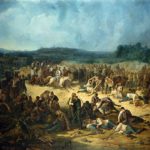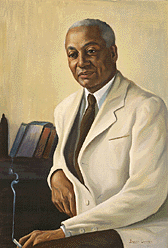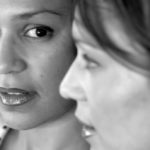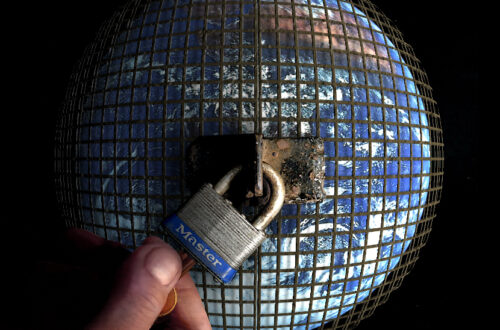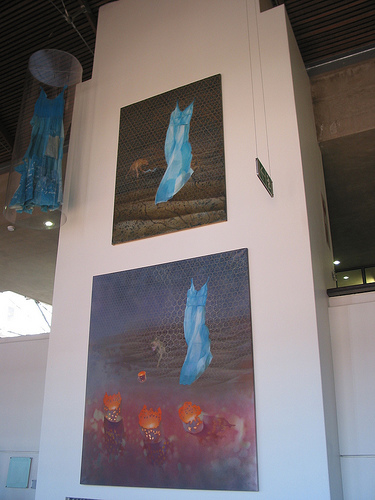
Book Review: The Strange Alchemy of Law and Life by Justice Albie Sachs

The victims and perpetrators of human rights abuses whisper from the pages of this short book. They speak to us of their struggle to realize their own humanity and recognize the humanity of each other.
For a judge The Strange Alchemy of Law and Life is an unusual book. But then Albie Sachs is an unusual judge. A member of the African National Congress and a legal adviser to it when it was still a revolutionary movement, Albie Sach’s life moves from barely surviving a state sponsored terrorist bombing, to which he lost an arm and an eye, to sitting on the Constitutional Court of South Africa.
It is the kind of life that prompts reflection, and Albie Sachs weaves both life reflections and judicial pronouncement into his book: bringing to life the human rights struggles of a country that was steeped in racism and racial theory but ultimately embraced a future of human rights.
The book is written from the perspective of victory: the monster of apartheid has been slain. We can forget how profoundly immovable apartheid had seemed. As Albie Sach’s writes:
In what seemed to many to be the most inhospitable terrain for constitutional justice in the world, the most advanced ideas on human dignity, equality and freedom have robustly and I hope enduringly, taken root.
The issues canvassed by Sachs cover a broad canvass of human rights issues: freedom from torture, the right to vote, social and economic rights among them. Some bear on the abolition of foreignness, some bear on what in means to work in the cause of human rights, some bear on what it means to be human.
The exploration of torture is uncomfortable. The rejection of torture as an instrument of military policy by the ANC , is the central fact. The question the narrative suggests is how can advanced democracies have so compromised themselves by falling under the sway of torture, when these powerless individuals, who faced the terrifying ideology, power and violence of the apartheid state, rejected it?
For my part, it calls to mind the weakness in our public policy that permits the compromising of human rights in the name of assumed public policy objectives: border protection (so called), or a ‘sound’ immigration programme. In the name of such policy objectives, countries imprison mothers, fathers, children and pursue policies denying access and leading to death, exploitation and misery.
When the ANC rejected torture it was faced with the question which we all ultimately face: “Who are we?” When we establish detention centres for people seeking a better life that question rises to mind: “Who are we?”
This same question faced the perpetrators of human rights violations and ultimately the whole country before the South African Truth and Reconciliation Commission:
… Sergeant Benzien [was asked to show] the Commission how he had put wet canvas bags over the heads of prisoners. ‘Show the Commission how you would smother us until we thought we were drowning, that we would suffocate and die.’ … ‘Can you explain how one human being can do this to another human being?’ The sergeant started crying. … because he had been asked a simple question: How can one person do this to another person? … It was asked with a sense of amazement, of horror. What was at stake was affirmation of the values of our society. … It was a question of what kind of people we were. What were we about? What kind of country did we live in? … It was the image of the weeping former torturer that became perhaps the most remembered one of the whole truth and reconciliation proceedings.
The reality of apartheid evokes the reality of a world divided by borders between rich and poor, between wealth and squalor:
Bureaucratic authoritarianism had been intrinsic to apartheid; people simply did not count as human beings, hence the squalid housing and inferior education for the majority.
The struggles of the Court in interpreting the new human rights laden constitution, are no less intriguing than the human stories. The Court explores rights in a variety of dimension and how it deals with the right to vote and the right to life are both of interest.
In August v Electoral Commission and Others (1999) the Court ruled on whether prisoners had the right to vote.
SACHs J: … The vote of each and every citizen is a badge of dignity and personhood. Quite literally, it says that everybody counts ..
So the question for us: Do foreigners count? Do they have dignity and personhood?
In the Mohamed Case the Court affirmed that everyone has the right to life, even foreigners. The case involved the deportation by South African authorities of an asylum seeker who was wanted in the United States on terrorism charges and ultimately faced the death penalty.
THE COURT: … In handing Mohamed over to the United States without securing an assurance that he would not be sentencced to death, the immigration authorities failed to give any value to Mohamed’s right to life, his right to have his human dignity respected and protected and his right not to be subjected to cruel, inhuman or degrading punishment … It is inconsistent with the government’s obligation to protection the right to life of everyone in South Africa …
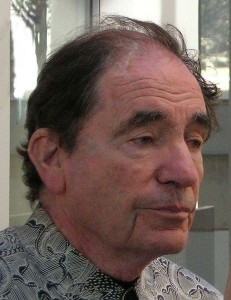
Albie Sach’s life and the eventual liberation of South Africa from the grips of apartheid are entwined. His life spans human rights work, suffering as a victim of human rights violations and finally work as a constitutional judge in breathing life into the new South African constitution (a constitution based on human rights).
For anyone interested in human rights work The Strange Alchemy of Law and Life deserves to be read. For those who recall the fall of apartheid and its replacement by a South Africa committed to racial equality and human rights – the transformation and how it was implemented are nothing short of a miracle. This book reminds us that no matter how real the miracle, its agents were ordinary human beings who worked and in many cases suffered for their cause.

